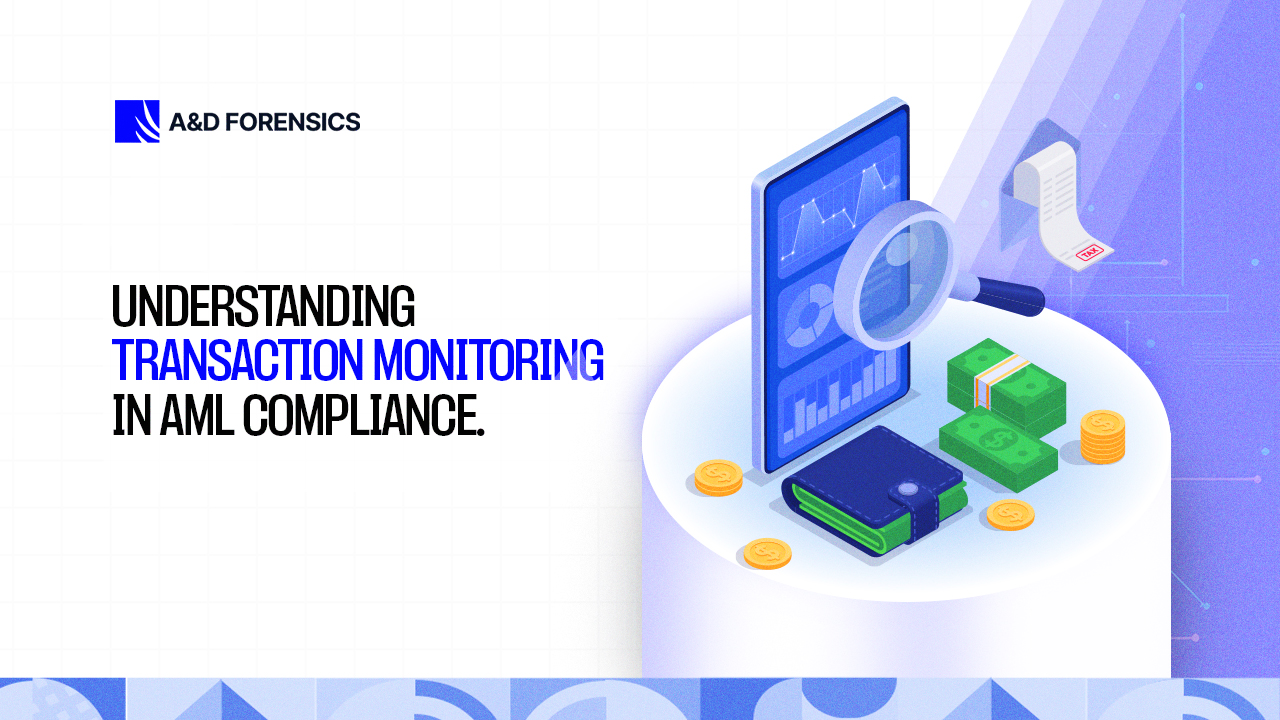3 Things Nigerian Law Enforcement Should Know About Cryptocurrencies!
The world is constantly evolving and the financial system has seen obvious evolution into digital currencies. To this effect, it’s very imperative that The Nigerian Law Enforcement adapt to the changing world financial system with cryptocurrencies. Hence, the need for proper education and acquisition of investigative tools to investigate cryptocurrency related crimes effectively.
As worldwide use of cryptocurrencies increase, certain negative actors are drawn to cryptocurrencies, and so we anticipate to see more criminal prosecutions using cryptocurrency. As a result, Nigerian law enforcement agents at all levels must improve their understanding of cryptocurrencies and establish efficient investigation tactics.
The 3 things Nigerian law enforcement should know about cryptocurrencies are listed below:
1. Cryptocurrencies aren’t anonymous:
Most law enforcement agencies in Nigeria, have been worried believing the myth that cryptocurrencies are anonymous. Rather from being anonymous, cryptocurrencies are pseudonymous because cryptocurrency transactions and wallet balances of crypto users are available on the public blockchain. This simply makes cryptocurrency transactions more transparent and accessible than our regular traditional transactions with our Naira currency. In addition, since these transactions are recorded on the blockchain, they are considered immutable and cannot be erased.
However, the actual names of the crypto wallet owners are not recorded on the blockchain which gives the investigators the task of unraveling the real identity of cryptocurrency wallets used in committing cryptocurrency crimes. Not to worry, these criminals can be identified if regulations are made and cryptocurrency exchanges remain compliant.
Just like the traditional banking systems which are regulated with Bank Verification Numbers (BVNs), cryptocurrency exchanges being regulated would be required to perform adequate KYC (Know Your Customer) so as to be able to conduct checks on exchange users and be able to report illicit activities. This means that when there’s a cryptocurrency crime, Nigerian law enforcement’s will be able to work with crypto forensic investigators and legally obtain information on the identity of the criminals.
2. Cryptocurrency has an influence on all types of criminal conduct:
Law enforcement agents in Nigeria are concerned about the different types of criminal conduct and interestingly, cryptocurrencies play a role in almost all of them. This is simply because most crimes are financially motivated and cryptocurrencies are simply digital currencies. Cyber criminals leverage on cryptocurrencies because they don’t require registrations to use, they are easy to transfer online and can easily be liquidated into fiat (Naira).
Some criminal activities involving cryptocurrencies are:
- Trafficking– criminals can buy and sell illicit drugs, stolen data and tools using cryptocurrencies especially in the dark-net markets.
- Frauds and Scams: This category of crime is very common as cryptocurrency criminals have successfully gotten to their victims through these means. Some types of cryptocurrency frauds and scams include: the use of phishing links, exit scams, exchanges, investment funds, telegram impersonation accounts, ponzi schemes, cloud mining scams etc. It’s important that Nigerian Law enforcement’s are educated on these different cryptocurrency frauds and scams so as to ease crypto forensic investigations in Nigeria.
- National Safety and Security: The possibility to use cryptocurrencies especially Bitcoin to crowd-source local and international terrorism is not just easy but also presents a terrifying consequence on a nation. On the international scene, terrorist groups such as al-Qassam Brigades have been receiving cryptocurrencies since 2016. In addition, Ransom-ware attack has been the fastest growing illicit use of Bitcoin which tends to target government agencies and important infrastructure providers.
3. Cryptocurrency isn’t going anywhere:
Uncertainty and volatility are typical of the creation of any new asset class, and digital currency is no exception. However, a rising number of Nigerian government officials and financial executives have recognized the importance and potential role of digital currencies in the world’s financial future which is clearly seen in the launch of E-naira.
In the cryptocurrency markets, the rising popularity and availability of decentralized finance (DeFi) networks as a way of transferring value is driving adoption leading to higher volumes of transactions. More stability and transparency is expected as governments, financial institutions, and companies embrace the digital economy.
As criminals and other illegal actors incorporate cryptocurrencies into their criminal activities, scams, frauds, and other cyber and ransomware extortion’s employing cryptocurrencies are anticipated to increase. Also, as criminals utilize the blockchain as a tool to move cash instantly across borders to launder the proceeds of their crimes, we should expect to see a higher degree of expertise.
The way forward!
Cryptocurrency crime investigation isn’t something that should be left out as the rate of adoption increases. Thus, bringing Blockchain and cryptocurrency education to all levels of the Nigerian law enforcement agencies is critical. Investigators who don’t learn about cryptocurrencies risk becoming obsolete and losing ground to cyber criminals and threat actors who do. This is the first step toward agencies being able to detect, trace, and seize unlawful and illegally obtained cryptocurrencies, assuring the safety of the cryptocurrency economy as well as consumer protection.
These trainings are made available onsite at A&D Forensics and for further information on how to become trained and certified, click on the link https://adforensics.com.ng/training/





